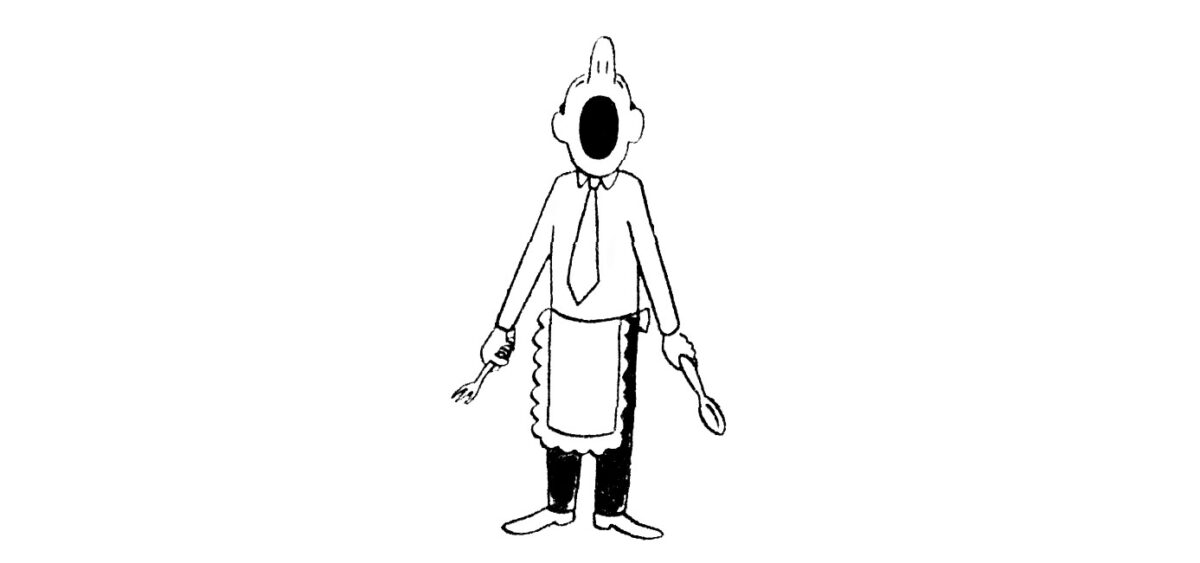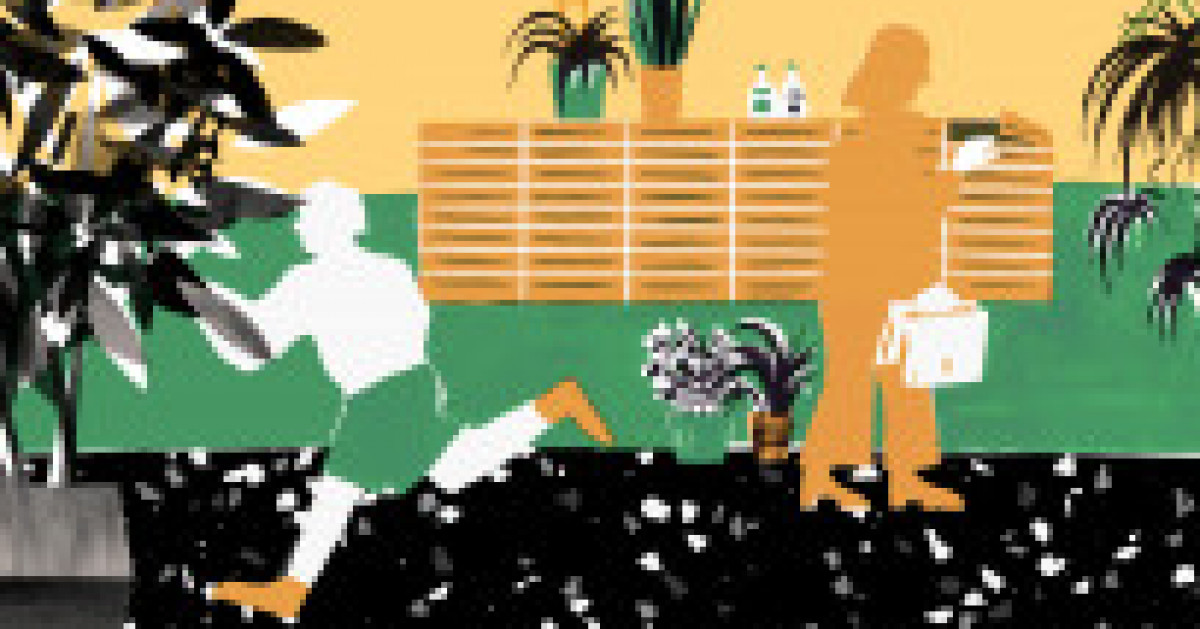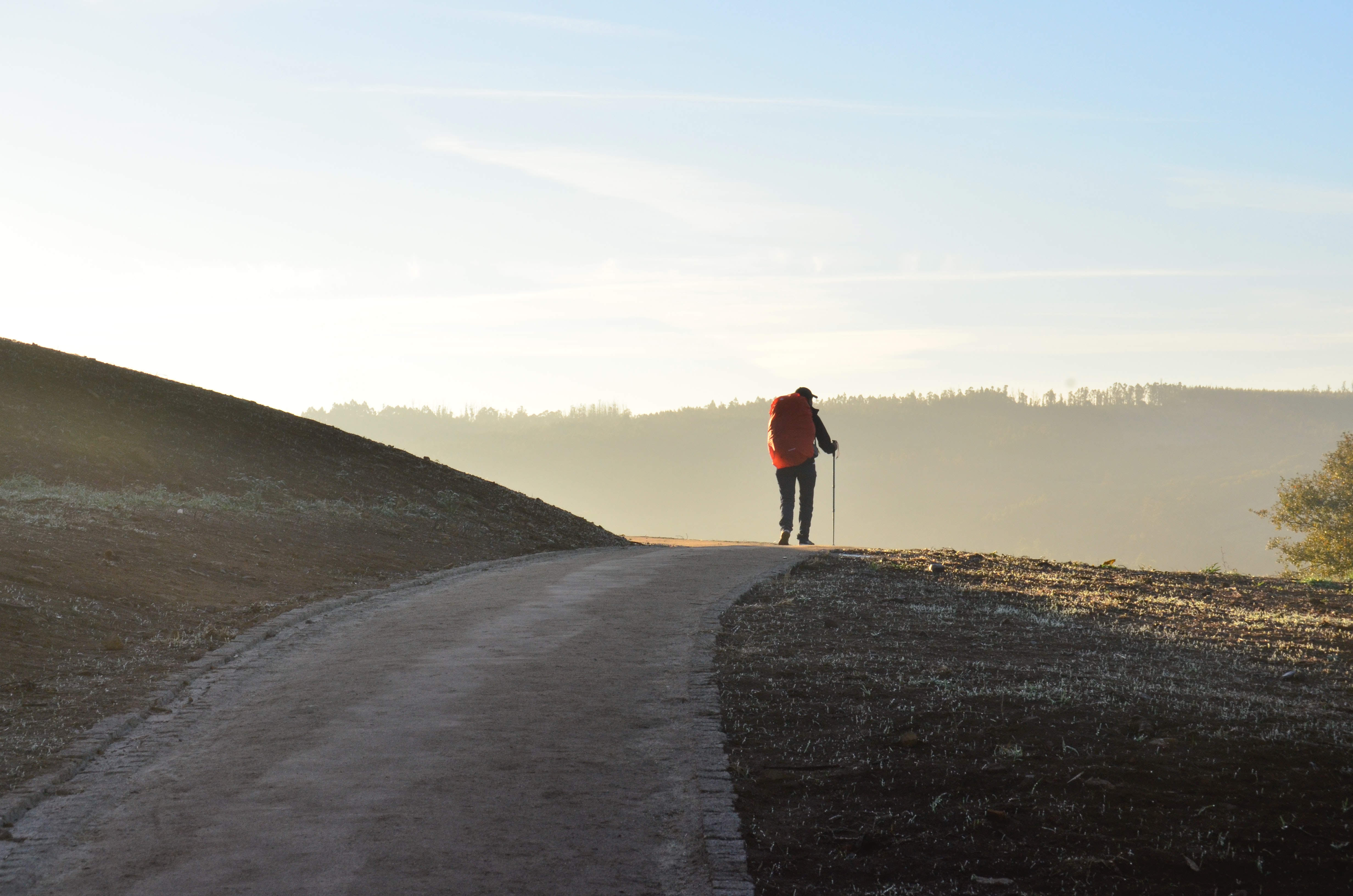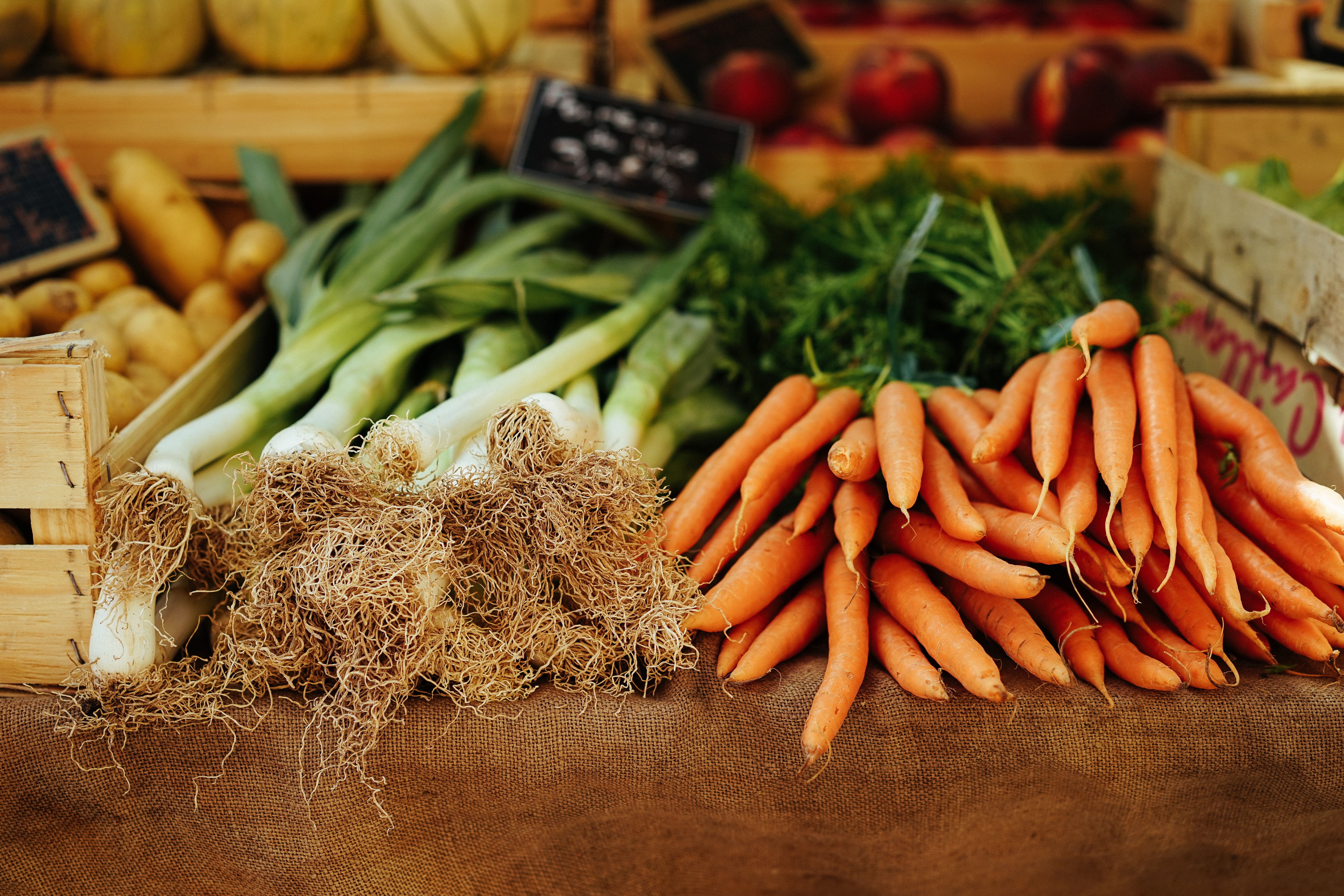
During the pandemic we have learned that, in order to survive, we must be alone yet together. We must isolate, but should also help each other. Whether we like it or not, here is our lesson about boundaries, about community, about humility – the silver lining of the virus.
Never before have I been so strongly engaged in the supply chains of neighbours and friends and, in general, between people. At the very start of the pandemic, I wrote on my Facebook feed that I needed masks and gloves because I look after my 80-year-old mum, who is bedridden and in a high-risk group. The avalanche of help that came our way was overwhelming.
The first person to volunteer was Piotr. He wrote that he didn’t actually have any masks, but instead he would like to help someone in need by making lunches every day; he could do this for as long as we wanted. He had been planning to go to Croatia, but was no longer going. He had some modest savings, lived alone and didn’t want any payment. Quite simply, he wanted to help. We came to an agreement and Piotr brought us soups in jars, meatballs, beetroot and homemade pierogi dumplings throughout the entire lockdown. He even learned to make curry with raisins and peanuts for my daughter. Sometimes he also brought a cake from his mum. He fed us – generously and deliciously. We didn’t know each other before the lockdown. We only spoke over internet chats and at the gate. I didn’t let him into the flat. Despite this, his presence in our lives turned out to be our salvation. Under other circumstances, we almost certainly wouldn’t have met Piotr; we have no mutual friends and lead very different lives. I probably also wouldn’t have crossed paths with Kasia, who got in touch to offer to do our shopping. She brought juices, yoghurt, fruit and butter from the supermarket. My experience of the crisis is one of abundance.
Around that time, I wrote a letter to the world which began thus: “Dear World, who is trembling to its core, I am writing to You from my castle, my palace, my one-bedroom flat. You won’t remember me, because I haven’t been with You for a long time. Even before Coronavirus I didn’t go to receptions, cocktail parties, openings or premieres. Later on, it turned out that we were all sentenced to the same fate. Nobody was spared; we all got a free sick leave note. Nothing is happening with You, Dear World. You are snoozing and, waking for a moment like an old porter, you hand us the key to the isolation room with a smile.”
For many it was a mocking smile, but during lockdown I discovered the concept of exchange from a completely new angle. The food, delivered by friends, neighbours, acquaintances and strangers, was a sign of care, thoughtfulness and empathy. Because of the isolation, I felt part of the community as never before. Mashed potatoes and beetroot were good news from the outside world, confirmation that our house was not an uninhabited island; that “[…] loneliness has brothers and sisters”, as the Swedish illustrator, Jesper Waldersten, wrote on his poster. The Spanish infanta, in a richly decorated dress, has a primitively-painted red skull in place of her head. Here in 2018, Waldersten created our pandemic portrait. In my isolation unit, as in the infanta’s room, somewhere in the background there was a window and sunshine behind the net curtain. Piotr also let a lot of that light in through the door when he handed me the jars of dumplings and vegetable soup. I thank him very much for that.
Translated from the Polish by Annie Jaroszewicz
Dear Readers,
There are difficult and unsure times ahead of us. We believe that by supporting each other we will survive the winter, as well as all future seasons that pose new challenges for us. That is why we would like to encourage you to share your experiences, lockdown stories and strategies on how to survive the current havoc. We will publish the most interesting texts on our website.
The length of the text should be a maximum of 4000 characters (with spaces). Please send it to [email protected] and include ‘Reader Submission’ in the subject line.
All the best,
Przekroj.pl/en Team









